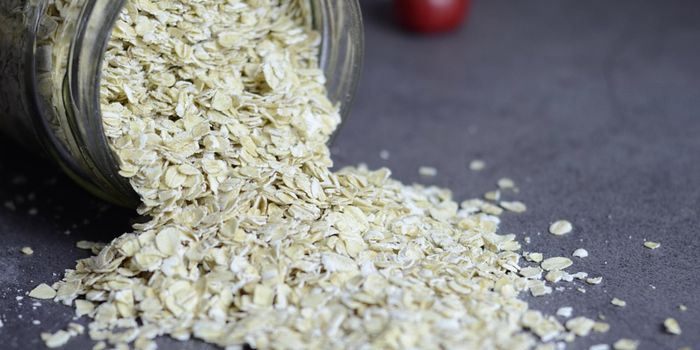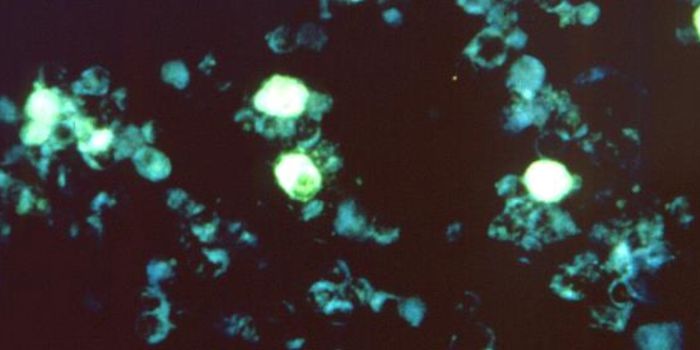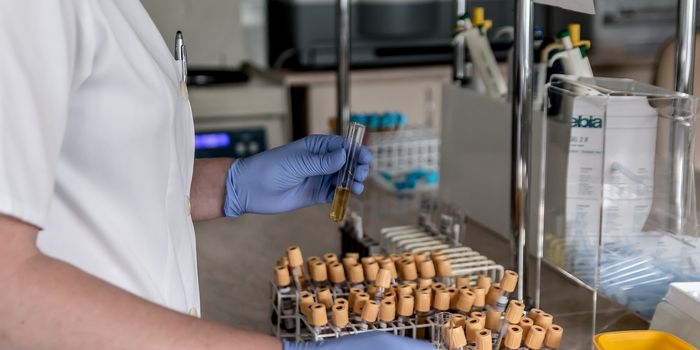Scientists Identify Which Gut Bacteria Interfere With Parkinson's Treatment
A new study from a team of Harvard scientists discovered one of the first distinct examples of how gut bacteria can interfere with a drug’s pathway through the body. Out of the trillions of possible culprits, the team was able to identify which bacteria degrade the drug and how to stop the interference.
The study, recently published in Science, focused on levodopa (L-dopa), which has been the primary treatment for Parkinson’s disease for the past 50 years. L-dopa relieves Parkinson’s symptoms by delivering dopamine to the brain. However, it is estimated that only about one to five percent of the drug actually reaches the brain.
When the L-dopa metabolizes outside the brain, the resulting dopamine causes side effects, including severe gastrointestinal distress and cardiac arrhythmias. In addition, patients are often given higher doses of the drug to combat symptoms, possibly intensifying these side effects.
To increase the efficacy of L-dopa, a new drug to block the L-dopa metabolism—carbidopa—was introduced, and the combination of the pills seemed to help Parkinson’s patients. Although this solution exists, the research team wanted to dig deeper and discover the unexplained drug metabolism and reasons for efficacy variance between patients.
Using data from the Human Microbiome Project, the team was able to identify specific enzymes produced by two different bacterial species that work together to digest L-dopa in the human gut. Enterococcus faecalis absorbs L-dopa and converts it to dopamine while Eggerthella lenta converts dopamine into meta-tyramine, which may be responsible for L-dopa’s side effects.
In a statement from Harvard’s Department of Chemistry and Chemical Biology, lead author Professor Emily Balskus stated that “all of this suggests that gut microbes may contribute to the dramatic variability that is observed in side effects and efficacy between different patients taking L-dopa.”
Using mice, the research team also identified a small molecule—alpha-fluoromethyltyrosine (AFMT)—that could block this particular metabolic pathway, thereby increasing the efficacy of L-dopa in Parkinson’s patients. Although this may result in Parkinson’s patients requiring a third drug for treatment, Balskus stated that their discovery “opens up the door to the possibility of developing a new class of therapeutics to improve patient response to L-dopa—that would be drugs targeting gut microbe metabolism in addition to targeting host metabolism.”
Sources: Harvard, Science Magazine, New Scientist









